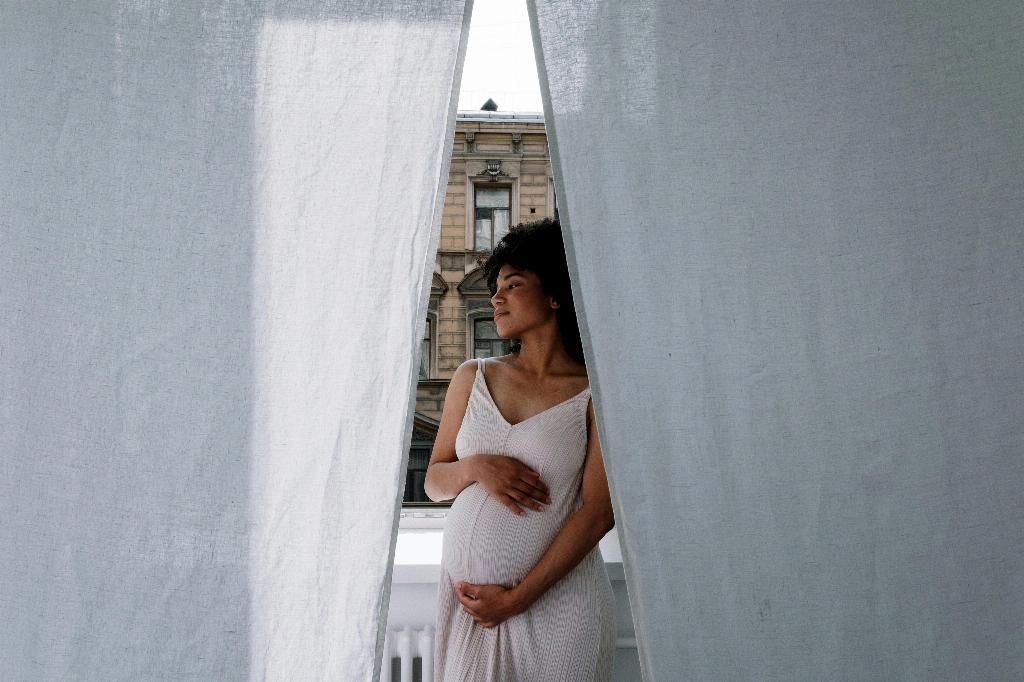During pregnancy, a woman’s body undergoes numerous changes to support the growth and development of the baby. One common sensation that many pregnant women experience is a tightness in the belly. This feeling can vary in intensity and frequency, and it often sparks questions about what it means and whether it is normal.
Causes of Belly Tightness
When your belly feels tight during pregnancy, it is typically due to the expansion of the uterus. As your baby grows, your uterus expands to accommodate the increasing size of the fetus. This growth puts pressure on the surrounding organs and muscles, which can lead to a sensation of tightness or heaviness in the belly.
Braxton Hicks Contractions
Another common cause of tightness in the belly during pregnancy is Braxton Hicks contractions. These are often referred to as “practice contractions” and are the body’s way of preparing for labor. Braxton Hicks contractions are usually mild, irregular, and do not lead to labor.
Dehydration and Muscle Strain
Dehydration can also contribute to a tight feeling in the belly during pregnancy. It is essential to stay hydrated to support the functioning of your body and the health of your baby. Additionally, activities that strain the abdominal muscles, such as lifting heavy objects or sudden movements, can lead to temporary tightness in the belly.
Gas and Bloating
Gas and bloating are common digestive issues during pregnancy that can cause discomfort and tightness in the belly. Hormonal changes and the pressure of the growing uterus on the intestines can contribute to gas, bloating, and a sensation of tightness.
When to Seek Medical Advice
While some degree of tightness in the belly is normal during pregnancy, it is essential to be aware of warning signs that may indicate a more serious issue. If the tightness is accompanied by severe pain, bleeding, fever, or other concerning symptoms, it is important to contact your healthcare provider immediately.
Relieving Belly Tightness
There are several strategies you can try to alleviate tightness in the belly during pregnancy. Practicing relaxation techniques, such as deep breathing or gentle stretches, can help relieve muscle tension. It is also crucial to maintain good posture and avoid activities that strain the abdominal muscles.
Stay Hydrated
Drinking an adequate amount of water throughout the day can help prevent dehydration and promote overall well-being. Aim to consume at least eight glasses of water daily to support your body’s changing needs during pregnancy.
Healthy Eating Habits
Eating a balanced diet rich in fruits, vegetables, whole grains, and lean proteins can help manage digestive issues like gas and bloating. Avoiding foods that trigger discomfort and practicing mindful eating can contribute to a healthier digestive system.
Regular Exercise
Engaging in gentle exercise tailored to pregnant women, such as prenatal yoga or walking, can help strengthen the abdominal muscles and improve circulation. Regular physical activity promotes overall health and can reduce the intensity of belly tightness.
Listen to Your Body
Each pregnancy is unique, and what works for one woman may not work for another. It is essential to listen to your body, communicate any concerns with your healthcare provider, and prioritize self-care throughout your pregnancy journey.
Conclusion
Feeling tightness in the belly during pregnancy is a common experience that can result from the expansion of the uterus, Braxton Hicks contractions, dehydration, gas, and bloating. While most cases of belly tightness are normal, it is crucial to pay attention to any warning signs or concerning symptoms and seek medical advice if needed. By practicing self-care, staying hydrated, eating well, exercising regularly, and listening to your body, you can support your well-being and promote a healthy pregnancy.

